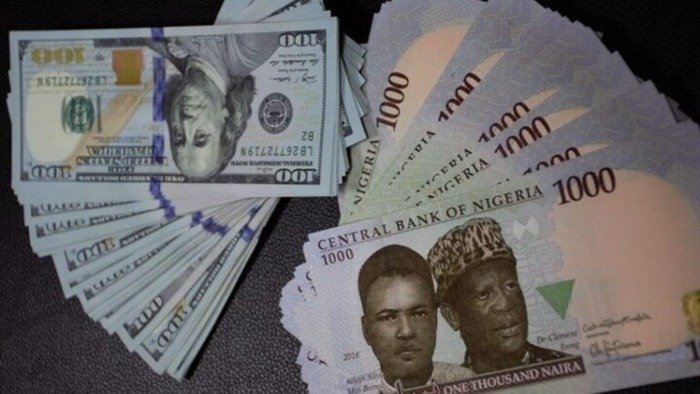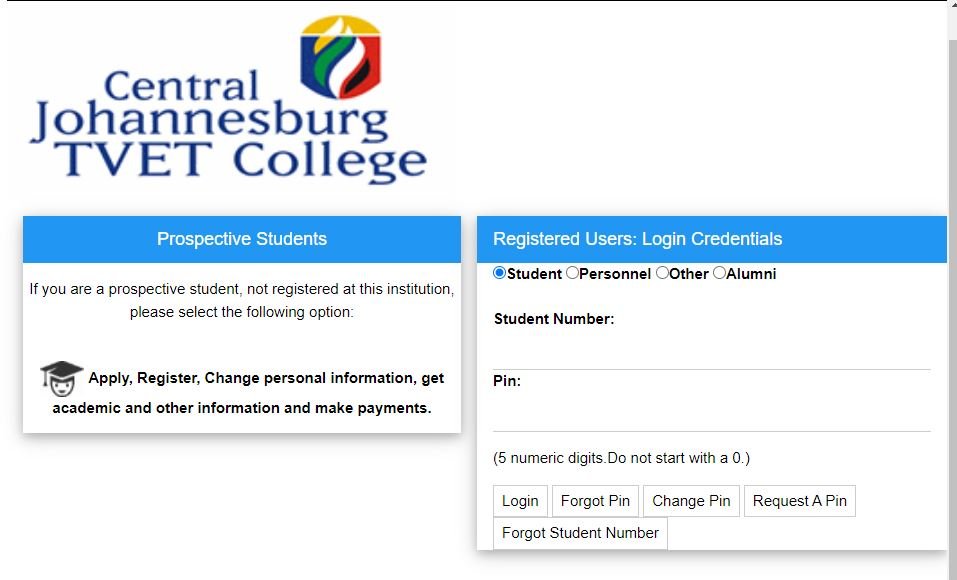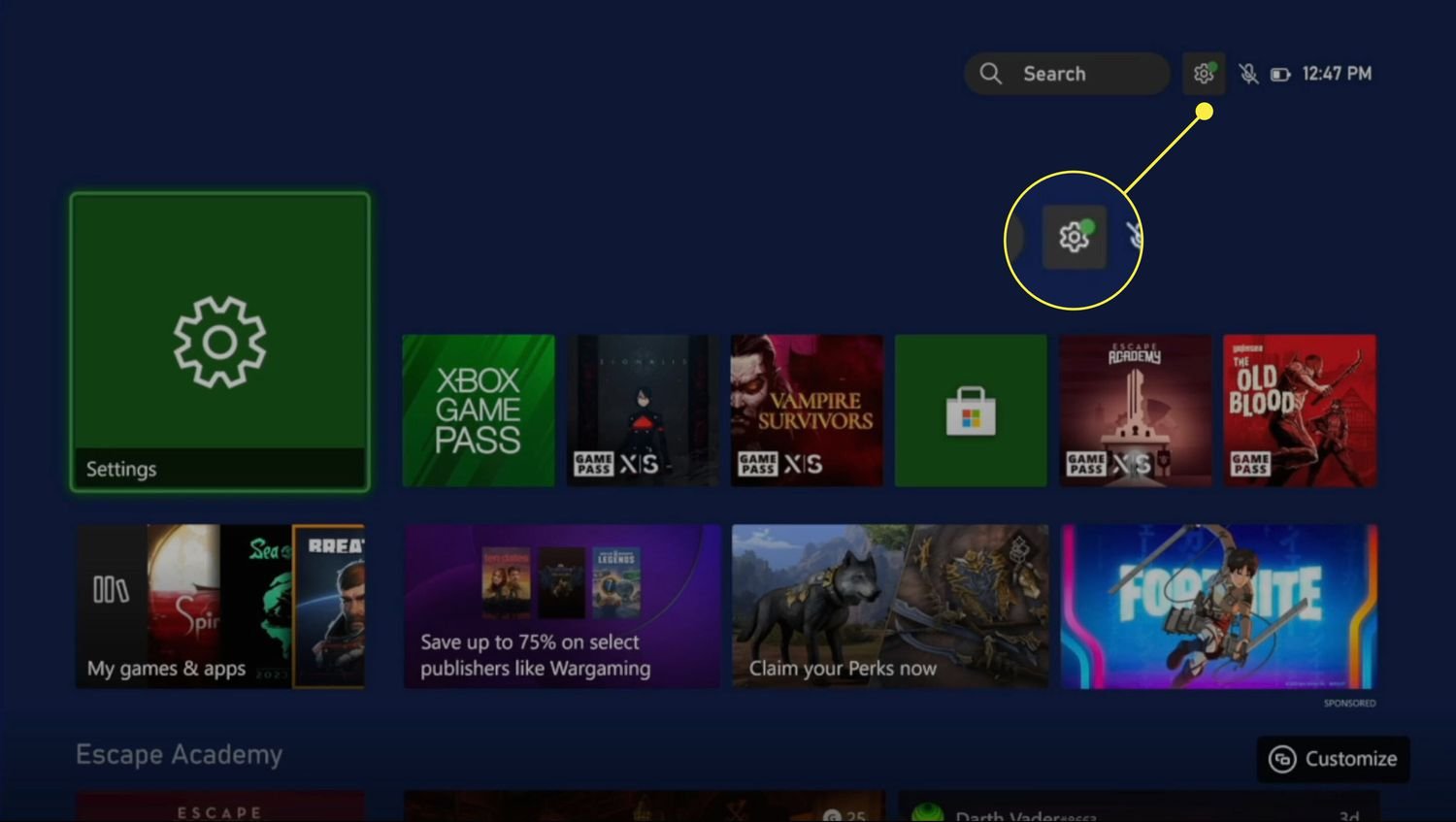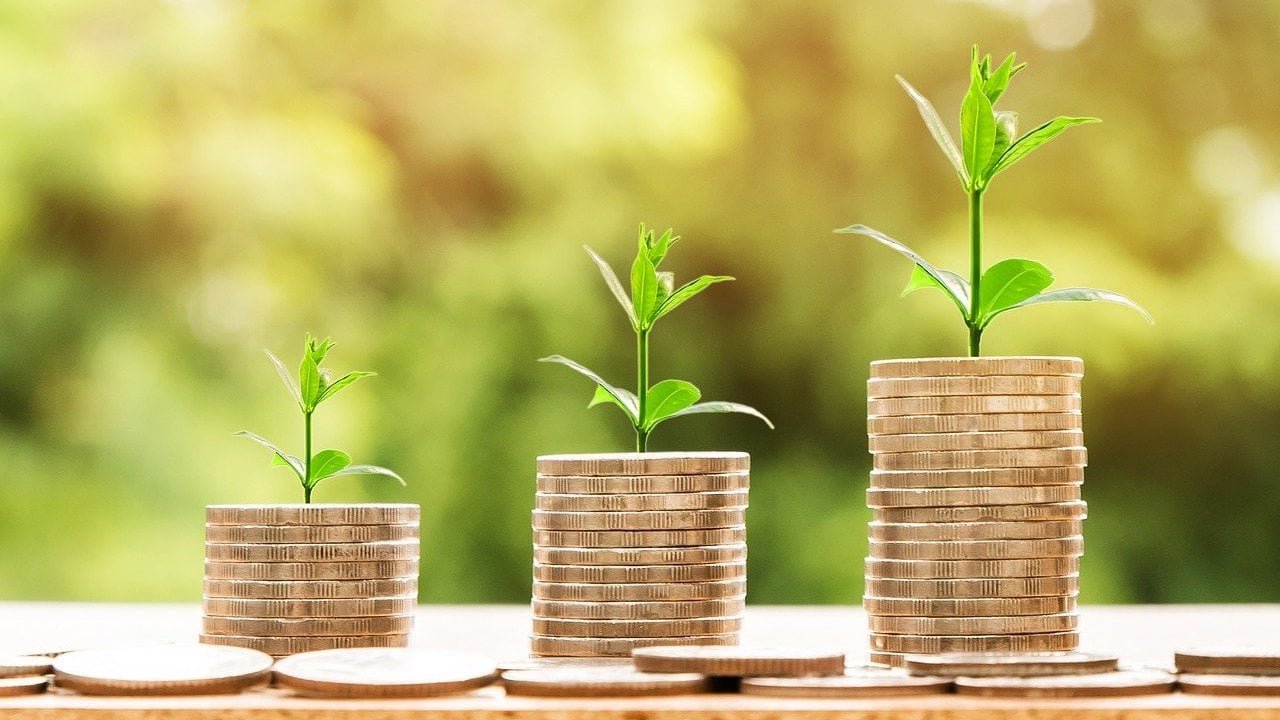Dollar to Naira Black Market exchange rate is a hot topic for Nigerians and global investors alike. With the ever-fluctuating value of the naira against the dollar, understanding the black-market rate is crucial for businesses, travelers, and anyone involved in international transactions.
The dollar to naira black market exchange rate often differs significantly from the official rates provided by the Central Bank of Nigeria (CBN). Due to high demand, limited foreign exchange availability, and economic policies, the black market has become the go-to place for many individuals and businesses seeking a more favorable exchange rate. As of today, the dollar to naira black market rate in Lagos and Abuja stands at approximately ₦1,585 to ₦1,590 per US dollar. For the latest updates on exchange rates, check CBN Official Exchange Rates or view live forex updates on Investors King.
How Much is Dollar to Naira Today in Black Market?
As of March 8, 2025, the dollar to naira black market rate stands at approximately ₦1,514.98 per U.S. dollar. This rate reflects the ongoing volatility in Nigeria’s foreign exchange markets, where the black market often diverges significantly from official rates.
Historical Context of the Dollar to Naira Black Market Rate
The Nigerian naira has experienced substantial fluctuations against the U.S. dollar over the years. In the early 1970s, the naira was stronger than the dollar, with official rates around ₦0.658 to $1. However, by the 1980s, economic challenges led to a devaluation of the naira. For instance, in 1985, the official rate was ₦0.894 to $1, but the black-market rate was significantly higher at ₦1.70 to $1. This trend of disparity between official and black-market rates has persisted, reflecting underlying economic pressures. See en.wikipedia.org for more details
Recent Trends in the Dollar to Naira Black Market Rate
In recent times, the dollar to naira black market rate has shown notable volatility. For example, on March 6, 2025, the rate peaked at ₦1,554.68 to $1, while on March 3, 2025, it dipped to ₦1,485.13 to $1. This fluctuation underscores the sensitivity of the black market to various economic factors, including foreign exchange reserves, inflation rates, and market speculation.
Factors Influencing the Dollar to Naira Black Market Rate
Several factors contribute to the variations in the dollar to naira black market rate:
-
Foreign Exchange Reserves: Low reserves can limit the Central Bank’s ability to stabilize the naira, leading individuals and businesses to seek dollars in the black market.
-
Inflation: High inflation erodes the purchasing power of the naira, prompting a higher demand for stable currencies like the U.S. dollar.
-
Economic Policies: Policies such as import restrictions or foreign exchange controls can drive demand to the black market.
Implications of the Dollar to Naira Black Market Rate
The disparity between official and black market rates has several implications:
-
Cost of Living: A weaker naira increases the cost of imported goods, affecting consumers’ purchasing power.
-
Investment Climate: Exchange rate instability can deter foreign investment, as investors seek stable environments.
-
Economic Planning: Businesses face challenges in financial forecasting due to unpredictable exchange rates.
The dollar to naira black market rate remains a critical indicator of Nigeria’s economic health. As of March 8, 2025, the rate is approximately ₦1,514.98 per U.S. dollar, reflecting ongoing economic challenges. Addressing the factors influencing this rate is essential for achieving economic stability and growth.
SEE ALSO: Nigerian Naira to GBP: How to Maximize Exchange Rates, Avoid Losses, and Secure Your Finances – A Complete Guide on Exchange Trends, Policies, and Market Forces, See 4 Amazing Reasons Why Naira Gains Over Pounds, Dollars, Euros
Why Does the Dollar to Naira Black Market Rate Fluctuate?
The parallel market exchange rate is affected by several key factors, including:
- Forex Demand and Supply – A high demand for US dollars drives the exchange rate up, while an increase in supply can lower it.
- Inflation and Economic Policies – Rising inflation reduces the naira’s value, making the dollar more expensive in the black market.
- CBN Forex Policies – Restrictions on official forex transactions push businesses and individuals to source dollars from the black market.
- Oil Prices and Foreign Reserves – Since Nigeria depends on oil exports, declining oil prices weaken foreign reserves and negatively impact the naira. For live forex updates, visit Aboki FX.
How to Get the Best Dollar to Naira Exchange Rate
If you’re looking for the most favorable exchange rate, consider these tips:
- Compare Prices Across Different Traders – Rates may differ from one trader to another.
- Monitor Exchange Rate Trends – Follow forex news sources like Investors King and Nairametrics.
- Utilize Peer-to-Peer (P2P) Platforms – Cryptocurrency-based P2P exchanges sometimes offer better rates than traditional forex traders.
READ MORE: Nigerian Education Loan Fund: See 6 Eligibility criteria, 4 Amazing Steps on How to Secure Interest-Free Student Loans and Achieve Financial Freedom in School, & 10 Top Benefiting States So far in Nigeria
Understanding the Black-Market Exchange Rate
The dollar to naira black market exchange rate exists due to foreign exchange scarcity, regulatory controls, and the high demand for US dollars in Nigeria. Since the CBN does not fully meet the FX needs of individuals and businesses, many turn to parallel market traders to source dollars at competitive rates. This demand fuels fluctuations in the exchange rate.
For more in-depth insights into Nigeria’s financial sector, visit Nairametrics.
Historical Context of the Naira’s Devaluation
The dollar to naira black market exchange rate has been volatile over the years, influenced by economic policies, inflation, foreign reserves, and oil prices. In 2016, a steep decline in oil prices led to a severe foreign exchange crisis, causing the naira to depreciate sharply against the dollar. Similar trends have been observed in recent years due to Nigeria’s heavy reliance on crude oil exports and fluctuations in global commodity prices.
To track historical trends of the naira’s performance, visit Trading Economics.
Latest Trends and Data
According to recent reports, the dollar to naira black market rate has experienced rapid depreciation, moving from ₦1,490 per dollar on March 3, 2025, to ₦1,590 per dollar by March 6, 2025. This increase reflects the growing demand for dollars and ongoing economic challenges in Nigeria. For real-time forex updates, visit Aboki FX.
CHECK OUT: Pi Network Cryptocurrency Trending Now! – The $1,000 Goldmine or the Biggest Crypto Scam? 5 Shocking Secrets, Exchange Listings & Future Price Predictions Unveiled
Key Factors Influencing the Black-Market Exchange Rate
Several factors drive the fluctuations in the dollar to naira black market rate:
- Foreign Exchange Scarcity – The CBN’s limited ability to meet FX demand pushes people to the black market.
- Inflation and Economic Policies – High inflation erodes the naira’s value, affecting exchange rates.
- Oil Prices and Foreign Reserves – Since Nigeria relies on oil revenue, falling oil prices weaken foreign reserves, impacting the naira.
- Speculation and Hoarding – Speculators buy and hoard dollars, expecting further depreciation.
- Diaspora Remittances – Changes in remittance flows influence foreign currency supply.
Impact on Businesses and Consumers
- Import-Dependent Businesses – Companies importing goods face higher costs due to rising exchange rates.
- Inflationary Pressures – A weaker naira leads to higher consumer prices and cost of living.
- Investment Uncertainty – Currency volatility discourages foreign investment in Nigeria.
For a deeper analysis of how exchange rates affect businesses, visit PwC Nigeria.
Government and Regulatory Responses
To stabilize the dollar to naira black market rate, the Nigerian government and CBN have implemented several measures:
- Monetary Policy Adjustments – Increasing interest rates and restricting forex transactions.
- Diversification Efforts – Reducing reliance on oil exports to create alternative sources of forex.
- Crackdown on Black Market Trading – Law enforcement targeting illicit currency traders.
For government policy updates, visit Nigeria’s Ministry of Finance.
SEE ALSO: Best Side Hustles: 10 Best Side Hustles to Make $1,000/Month + 10 Amazing Steps to Begin & 10 Challenges and Remedies to Make you a Pro.
The Role of Cryptocurrency
Cryptocurrency is becoming an alternative for Nigerians looking to bypass forex restrictions. Bitcoin and stablecoins like USDT (Tether) are now widely used to hedge against naira depreciation. However, government regulations have made crypto transactions challenging, pushing traders towards peer-to-peer (P2P) trading platforms.
To explore the latest trends in cryptocurrency in Nigeria, visit CoinDesk.
Future Projections for the Naira
Experts predict that the dollar to naira black market rate may continue fluctuating due to uncertainties in global oil prices, Nigeria’s economic policies, and forex inflows. If the Nigerian government successfully diversifies its economy, stabilizes inflation, and implements effective forex policies, the naira may gradually strengthen.
For financial forecasts and expert analysis, visit Bloomberg.
How to Stay Updated
Staying updated on the dollar to naira black market rate is crucial for businesses and individuals dealing with foreign exchange. Bookmark these reliable sources for daily forex updates:
- Central Bank of Nigeria (CBN)
- Investors King
- Aboki FX
- Nairametrics
- Ofre2u.com
READ ALSO: Robinhood Crypto Trivia: How to Win Over $2 Million in Bitcoin, Dogecoin & Crypto Rewards & 7 Guaranteed Secrets on How to Invest into Crypto Plus 4 Amazing Steps on How to Participate in Robinhood Crypto Trivia
Conclusion
The dollar to naira black market exchange rate continues to shape Nigeria’s economic landscape. While government policies aim to stabilize the naira, foreign exchange scarcity and high demand for dollars contribute to persistent fluctuations. To stay ahead, individuals and businesses must monitor exchange rate trends and explore alternative financial strategies to mitigate risks.





